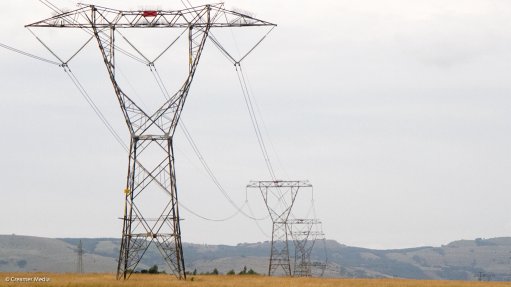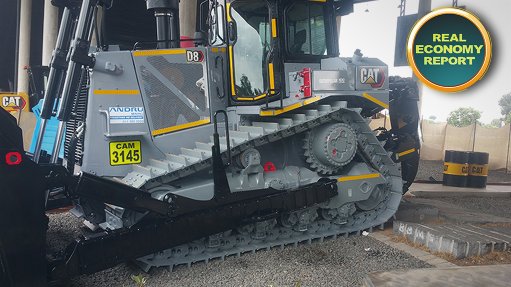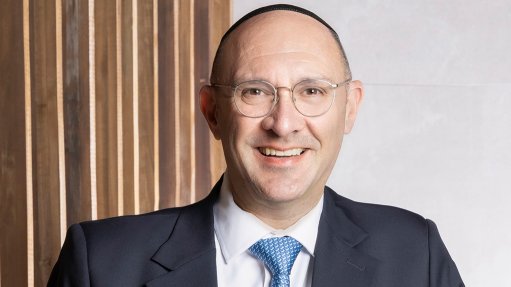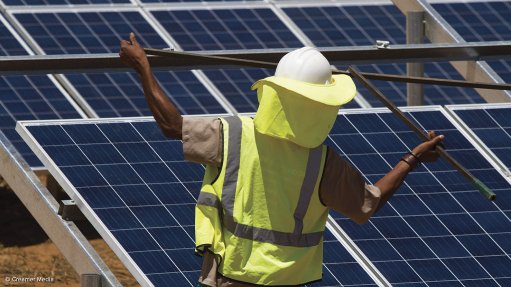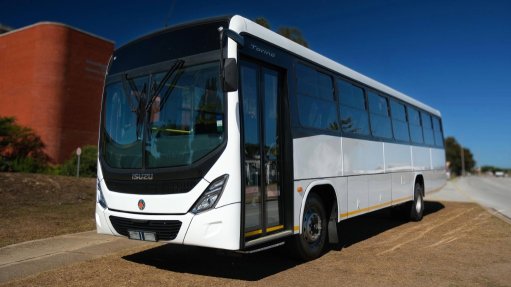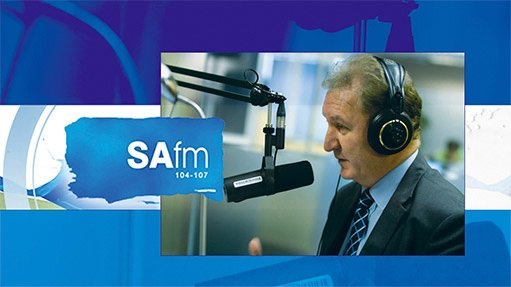Chamber supports legal small-scale mining

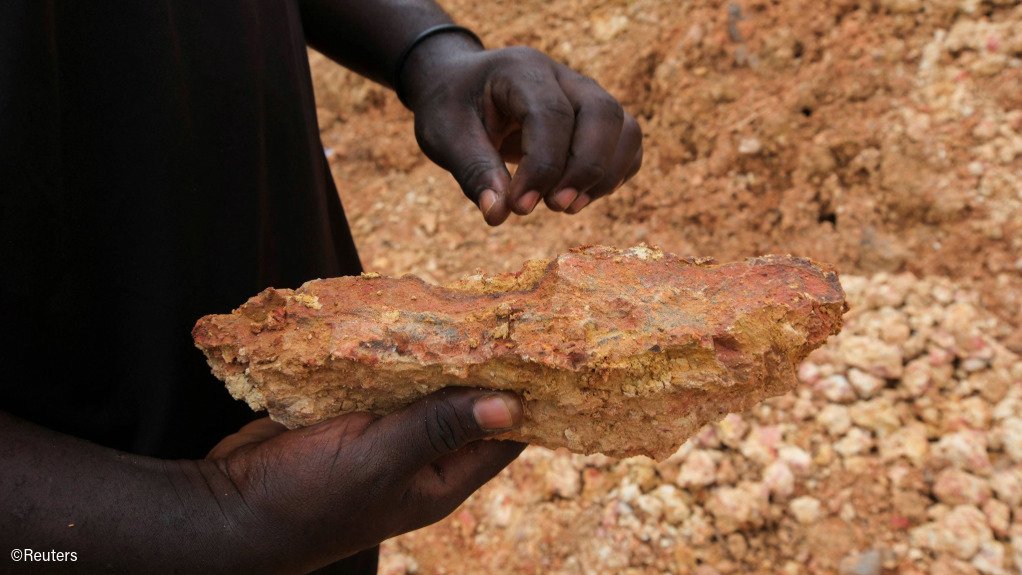
SMALL CAN BE GOLDEN TOO The Ghanaian Chamber of Mines believes that licensed small-scale mining operations can contribute greatly to the country's economy
The Ghanaian Chamber of Mines is in favour of, and supports, regularised and licensed small-scale mining, “just as the laws in Ghana support them”, reported acting CEO Ahmed Nantogmah during the ‘Unearth Potential: The Future of Mining in West Africa’ webinar, hosted by Creamer Media Webinars last month.
However, he warned of illegal miners and the need for regulatory permits to define legitmate operations against those that are illegal.
The chamber’s support of legalised small-scale mining is backed by the relationship the chamber has with the Ghana National Association of Small-Scale Miners, with the collaboration enabling for some of its health and safety policies to be introduced to the association’s members.
“We provide all the education and support that we can as the small-scale mining sector employs a lot of people, which contributes substantially to Ghana’s economy,” said Nantogmah, adding that small-scale mining generated about 40% of Ghana’s gold exports.
However, he pointed out that with illegal operations, the government does not benefit directly, as the relevant royalties and taxes are not paid.
“We believe that there should be a proper, structured way of handling small-scale mining that should be driven by exploration,” encouraged Nantogmah.
He explained that when proper exploration is undertaken, targeted areas can be delineated correctly and effectively, thereby growing Ghana’s resource base and orebody knowledge.
Further, he also stressed the importance of policy certainty and security for mining investments, urging government departments to adopt supportive measures thereto.
He mentioned the chamber’s work with research body Ghana Geological Survey Authority and the government of Ghana, with whom the chamber is trying to negotiate the removal of value added tax (VAT) charges on exploration operations, especially on drilling.
Removing the VAT on these operations, says Nantogmah, will further drive investment and promote the sharing of knowledge.
The knowledge gained through this process can then be shared with the relevant government departments, which can then use it in terms of parcelling out specific areas for licences and distribute it to regulated small-scale mining operations.
Through this shared initiative, Nantogmah believed a lot of additional capacity can be garnered, and small-scale miners can improve their contribution to the economy from 40% to at least 50%.
He added that this will also ignite a better understanding of when and how to apply environmental, social and governance frameworks for these activities.
Community Comes First
Nantogmah was asked what actions or approaches were most effective in building a lasting relationship of trust with local communities during the webinar, to which he responded that many mining companies already engaged in activities with communities.
“These mining companies are on the ground and see first- hand if there are issues or concerns in the communities,” he said, adding that this enabled them to act quickly in addressing any concerns.
He added that a big component of community opposition can be attributed to the fact that only a small fraction of royalties make it back into near-mine communities, and even in such instances, the frequency of such community investment is often irregular.
He concluded that the communities do, however, benefit through the development of mine-related infrastructure upliftment, such as better roads, shops, hospitals and schools, which the mines develop to benefit employees, mine contractors and the community.
Article Enquiry
Email Article
Save Article
Feedback
To advertise email advertising@creamermedia.co.za or click here
Comments
Press Office
Announcements
What's On
Subscribe to improve your user experience...
Option 1 (equivalent of R125 a month):
Receive a weekly copy of Creamer Media's Engineering News & Mining Weekly magazine
(print copy for those in South Africa and e-magazine for those outside of South Africa)
Receive daily email newsletters
Access to full search results
Access archive of magazine back copies
Access to Projects in Progress
Access to ONE Research Report of your choice in PDF format
Option 2 (equivalent of R375 a month):
All benefits from Option 1
PLUS
Access to Creamer Media's Research Channel Africa for ALL Research Reports, in PDF format, on various industrial and mining sectors
including Electricity; Water; Energy Transition; Hydrogen; Roads, Rail and Ports; Coal; Gold; Platinum; Battery Metals; etc.
Already a subscriber?
Forgotten your password?
Receive weekly copy of Creamer Media's Engineering News & Mining Weekly magazine (print copy for those in South Africa and e-magazine for those outside of South Africa)
➕
Recieve daily email newsletters
➕
Access to full search results
➕
Access archive of magazine back copies
➕
Access to Projects in Progress
➕
Access to ONE Research Report of your choice in PDF format
RESEARCH CHANNEL AFRICA
R4500 (equivalent of R375 a month)
SUBSCRIBEAll benefits from Option 1
➕
Access to Creamer Media's Research Channel Africa for ALL Research Reports on various industrial and mining sectors, in PDF format, including on:
Electricity
➕
Water
➕
Energy Transition
➕
Hydrogen
➕
Roads, Rail and Ports
➕
Coal
➕
Gold
➕
Platinum
➕
Battery Metals
➕
etc.
Receive all benefits from Option 1 or Option 2 delivered to numerous people at your company
➕
Multiple User names and Passwords for simultaneous log-ins
➕
Intranet integration access to all in your organisation









